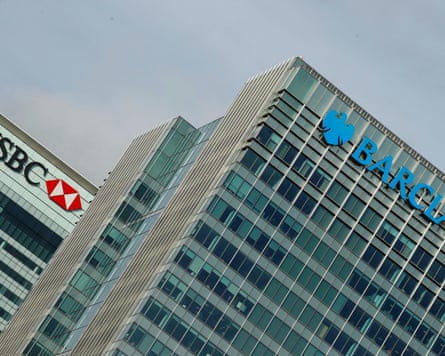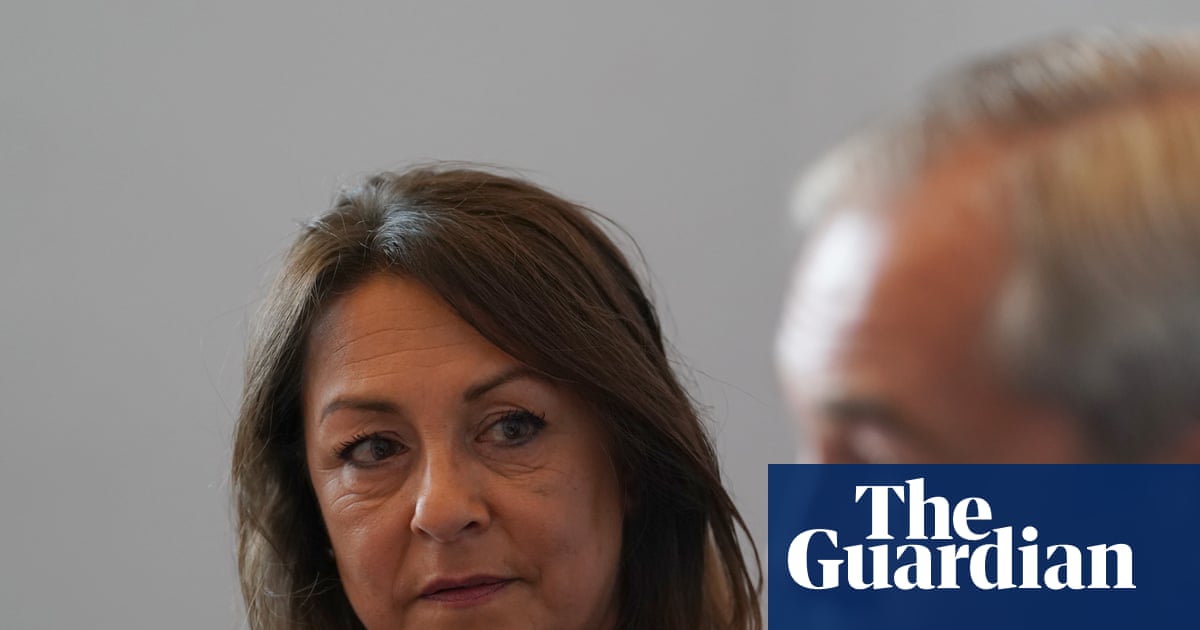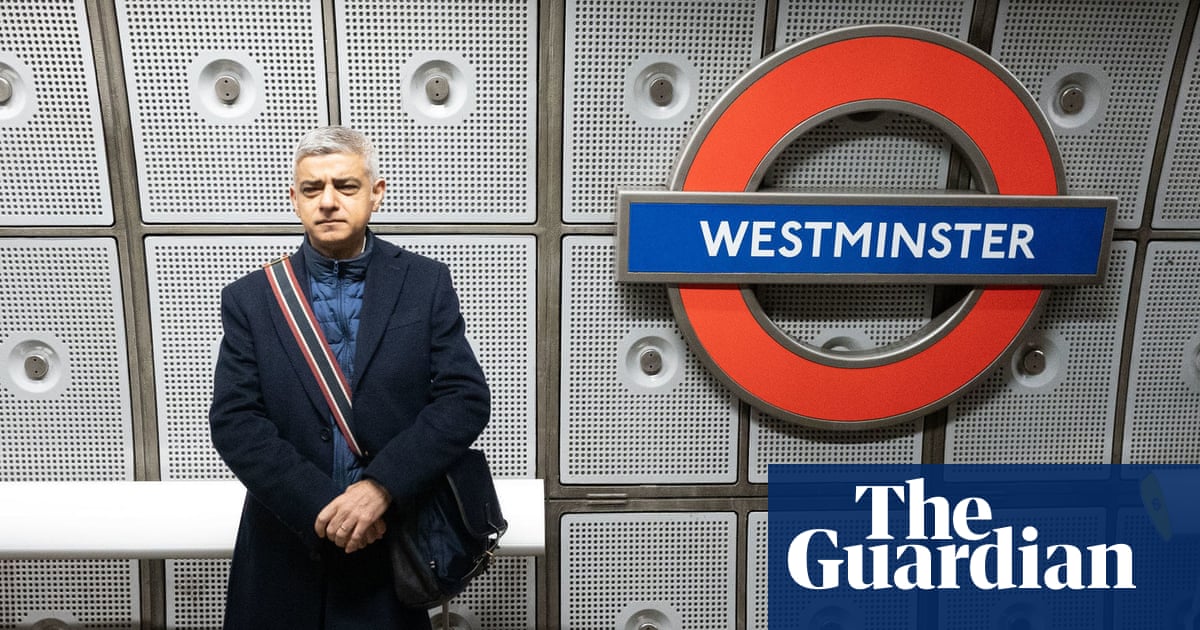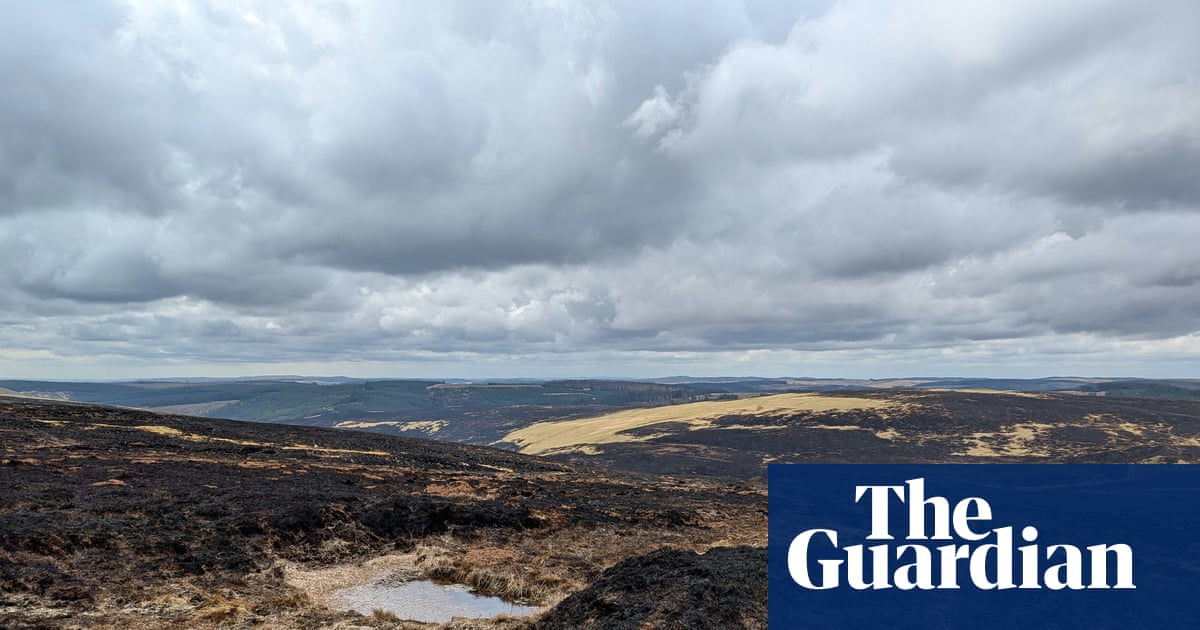A Bank of England executive has insisted that UK banks are still showing a “vibrant” commitment to climate goals despite the recent demise of a global net zero target-setting group.
David Bailey, the executive director of prudential policy at the Bank’s regulatory arm, the Prudential Regulation Authority (PRA), played down concerns surrounding the fact that significant lenders including HSBC and Barclays had followed their US peers in dropping membership of the UN-backed Net Zero Banking Alliance (NZBA). Those exits led to the closure of the once-lauded NZBA last month.
“We’ve been focused on our responsibilities on the financial risks arising from climate change, and firms remain very actively engaged with us on that,” Bailey told the Guardian. Their engagement, he said “remains as vibrant … as it has over the past couple of years”.
American banks including JP Morgan and Goldman Sachs started ditching membership of the NZBA before Donald Trump’s inauguration last autumn. Some analysts have said the departures were meant to head-off “anti-woke” attacks from rightwing US politicians.
HSBC and Barclays withdrew their membership by early August. The hollowed-out NZBA, which no longer had the backing of the world’s largest banks, launched a review into its future and announced plans to shut down in early October.
But Bailey said the Bank of England was still monitoring climate risks and was leaving the door open to more climate stress tests that would gauge the banking sector’s preparedness for global heating disasters.

However, he said climate risks would have to be balanced against other emerging dangers. Regulators have, for example, been trying to get a handle on the potential risks linked to the boom in private credit, an unregulated corner of the financial sector that offers loans to businesses.
“We do, of course, have to put climate risk into proportion alongside all the other risks. We can’t focus just on one risk … But we’ve got to focus on climate risk. It’s important. And we continue to maintain the momentum of our work in that space.”
The PRA was praised for being the first central bank to test climate preparedness across the financial sector in 2021, but was criticised for failing to introduce climate capital requirements that would force lenders to put aside funds to protect against climate-related losses including some mortgages and loans to heavy polluters.
Bailey’s boss, Sam Woods, is stepping down in June as the head of the PRA. Bailey, who is described by peers as a dedicated and “straight-backed” member of the regulatory team, is thought to be the internal frontrunner to replace Woods. Katharine Braddick, a senior Barclays executive who has worked at the Treasury, has also been named as a potential contender for the £314,000-a-year role.
after newsletter promotion
In the meantime, Bailey has been working on a raft of banking reforms meant to help appease the Labour government’s push to reduce red tape and boost growth across the financial sector.
That includes rolling out the “strong and simple” framework, meant to ensure smaller lenders such as Metro Bank and Starling do not have to follow the same complex rules as large global banks.
Bailey said it was one of the biggest changes to regulation in 30 years and would help smaller banks “compete and grow, and provide the really important services they do to households and businesses right across the UK.”

 1 month ago
57
1 month ago
57

















































